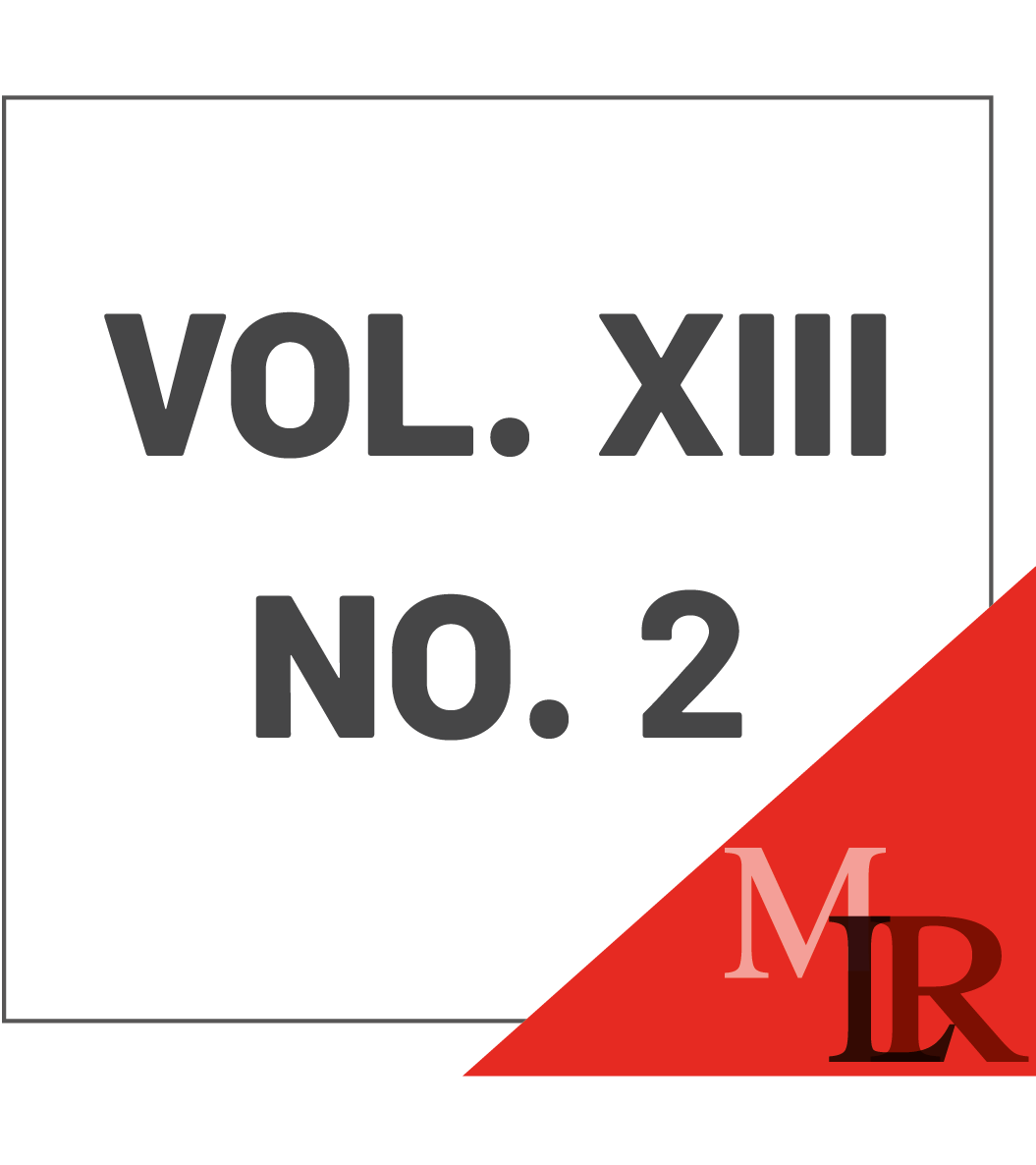Gaining Access to Justice: A Subnational Study of the Public Defender’s Office in Mexico
With the transition to democracy, Latin American countries have embarked on implementing judicial reforms to redesign justice-sector institutions and build up the rule of law in the region. Reform efforts included empowe¬ring the courts, granting political independence to the public prosecutor’s office, professionalizing the public defender offices and implementing the accusatory criminal system in justice-sector institutions. To what extent are the reforms tar¬geted at the public defender offices changing the way legal defense is provided? In this article, after discussing a theoretical framework that captures and opera¬tionalizes the concepts of a merit-based career system, an accusatory criminal justice system and effective legal representation, I examine the extent to which the changes of transitioning from an inquisitorial to an adversarial system and from a non-merit-based career system to a merit-based career system have affec¬ted the way legal counsel is provided at subnational public defender offices. To accomplish this, I provide both a de jure and de facto measures (indicators of reform implementation). To identify the de jure indicators, I consulted legal texts (constitutions and secondary laws), and to gauge how the de facto indi¬cators work, I relied on interviews with public defenders, reports and academic documents. I collected 50 interviews with public defense attorneys from three Mexican states: Baja California Sur, Jalisco and Nuevo León. Findings from these states suggest that as reform implementation advances, public defenders have more tools to offer legal representation; more specifically, they are better trained, in addition to having higher salaries, a lower caseload per defender and increased access to forensic services.
Article Details
References
ANGÉLICA C. VÁZQUEZ, LOS JUICIOS ORALES EN EL ESTADO DE MORELOS: LAS NUEVAS PRÁCTICAS (Facultad de Ciencias Políticas y Sociales-UNAM/Sitesa 2017).
CATALINA SMULOVITZ, PUBLIC DEFENSE AND ACESS TO JUSTICE IN A FEDERAL CONTEXT: WHO GETS WHAT, AND HOW IN THE ARGENTINIAN PROVINCES (Notre Dame University Press, 2019).
JEFFREY SEGAL & HAROLD SPAETH, THE SUPREME COURT AND THE ATTITUDINAL MODEL REVISITED (Cambridge University Press, 2002).
ROBERT E. GOODIN AND HANS-DIETER KLINGEMANN. A NEW HANDBOOK OF POLITICAL SCIENCE (Oxford: Oxford University Press, 2002).
MARTÍN SHAPIRO, COURTS: A COMPARATIVE AND POLITICAL ANALYSIS (University of Chicago Press, 1981).
LISA HILBINK, JUDGES BEYOND POLITICS IN DEMOCRACY AND DICTATORSHIP: LESSONS FROM CHILE (Cambridge University Press, 2007).
DOUGLAS NORTH, INSTITUTIONS, INSTITUTIONAL CHANGE AND ECONOMIC PERFORMANCE 03 (Cambridge University Press, 1990).
JAMES MARCH & JOHAN OLSEN, REDESCUBRIENDO LAS INSTITUCIONES. LA BASE ORGANIZATIVA DE LA POLÍTICA (México: FCE, 1997).
JOHN H. MERRYMANN, THE CIVIL LAW TRADITION. AN INTRODUCTION TO THE LEGAL SYSTEMS OF WESTERN EUROPE AND LATIN AMERICA 127 (Stanford University Press, 1985).
MIRJAN DAMAŠKA, THE FACES OF JUSTICE AND STATE AUTHORITY. A COMPARATIVE APPROACH TO THE LEGAL PROCESS 03 (Yale University Press, 1986).
GUILLERMO ZEPEDA LECUONA, BUENAS PRÁCTICAS EN LA IMPLEMENTACIÓN Y OPERACIÓN DEL NUEVO SISTEMA DE JUSTICIA PENAL EN MÉXICO (USAID, 2014).




























